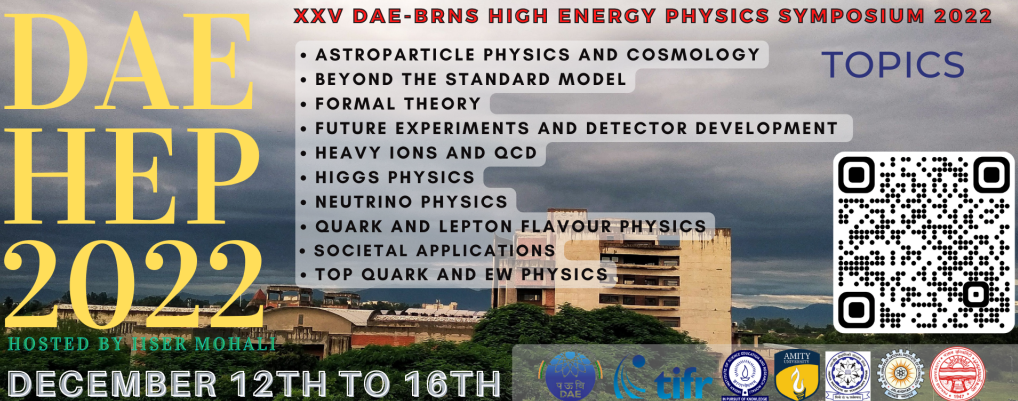Speaker
Description
We reconstruct late-time cosmology in a model-independent manner using the technique of Principal Component Analysis (PCA). We propose a variant of PCA which can be used to find out the functional form of late-time cosmological quantities. In the methodology we only need the tabulated dataset of the quantity we want to reconstruct and as an output we get the functional form of it in terms of the independent variable of the dataset. In this work we particularly focus on the reconstruction of the equation of state of dark energy. The analysis is carried out in two different approaches. The first one is a derived approach, where we reconstruct the observable quantity using PCA and subsequently construct the equation of state parameter. The other approach is the direct reconstruction of the equation of state from the data. A combination of PCA algorithm and calculation of correlation coefficients are used as prime tools of reconstruction. We carry out the analysis with simulated data as well as with real data. The derived approach is found to be statistically preferable over the direct approach. The correlation coefficient calculation also enables us to find out the final number of principal components we have to keep in the final reconstruction process. The reconstructed equation of state indicates a slowly varying equation of state of dark energy.
| Session | Astroparticle Physics and Cosmology |
|---|
